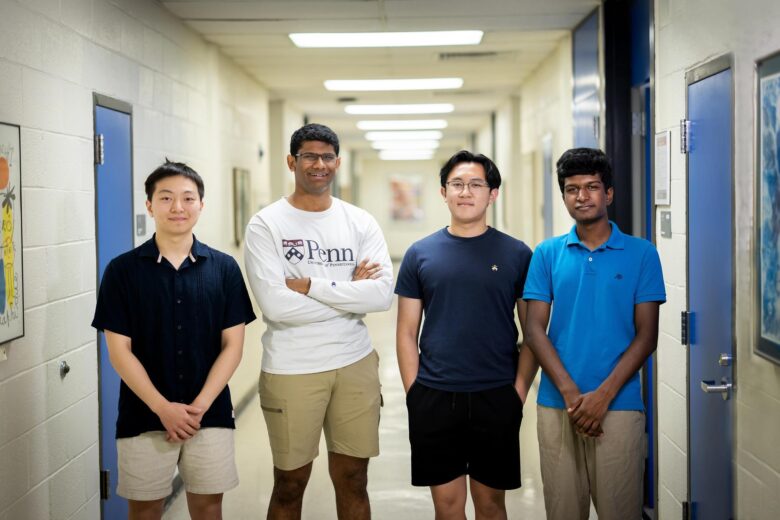
As whales face harm from ship strikes, fishing net entanglements, and redistribution of prey due to changes in ocean temperature, it’s increasingly important to track … Read More ›

As whales face harm from ship strikes, fishing net entanglements, and redistribution of prey due to changes in ocean temperature, it’s increasingly important to track … Read More ›
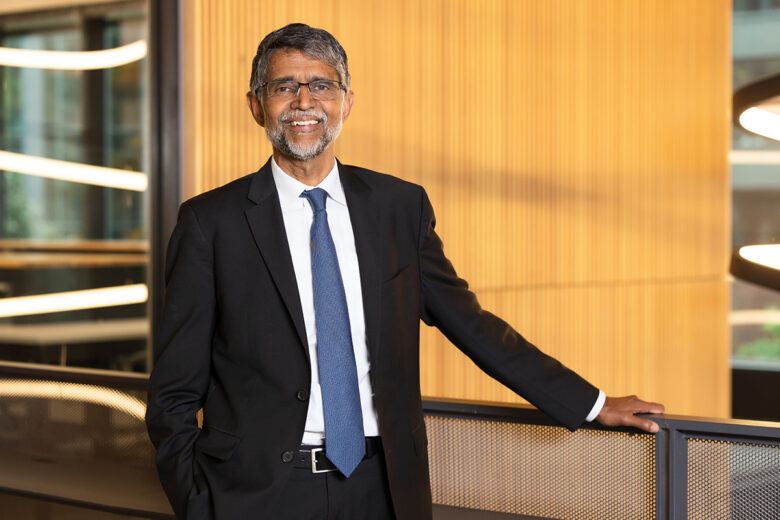
Welcome, Penn Engineers! Whether you’re joining us for the first time or returning for another exciting year of discovery and growth, it’s wonderful to see … Read More ›
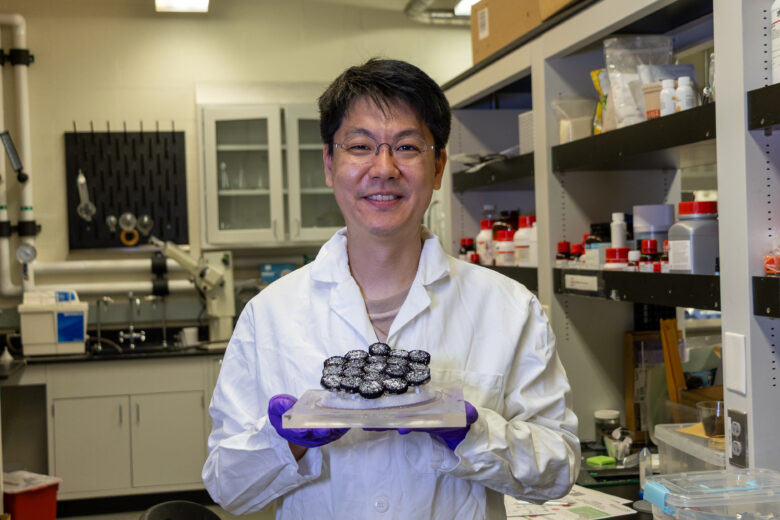
Tackling large socio-environmental issues like climate change and global freshwater scarcity takes bold, interdisciplinary experts with an eye for natural solutions. Shu Yang, Joseph Bordogna … Read More ›
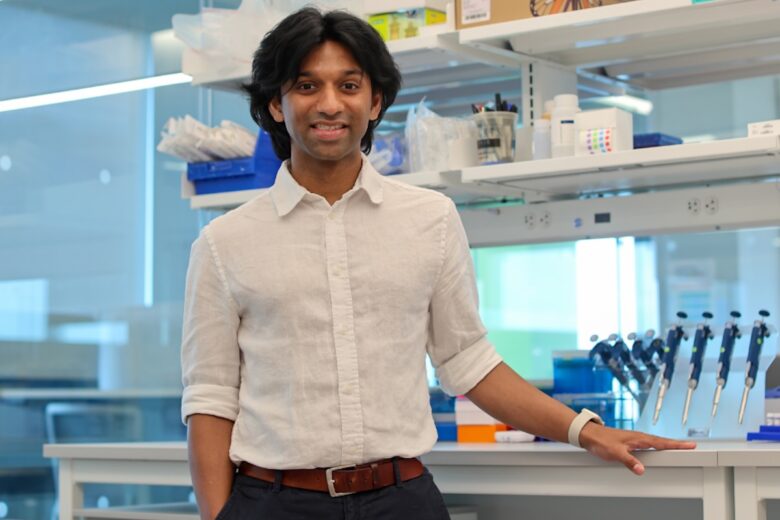
A study published in Nature Biotechnology reveals a powerful new use for artificial intelligence: designing small, drug-like molecules that can stick to and break down harmful proteins … Read More ›
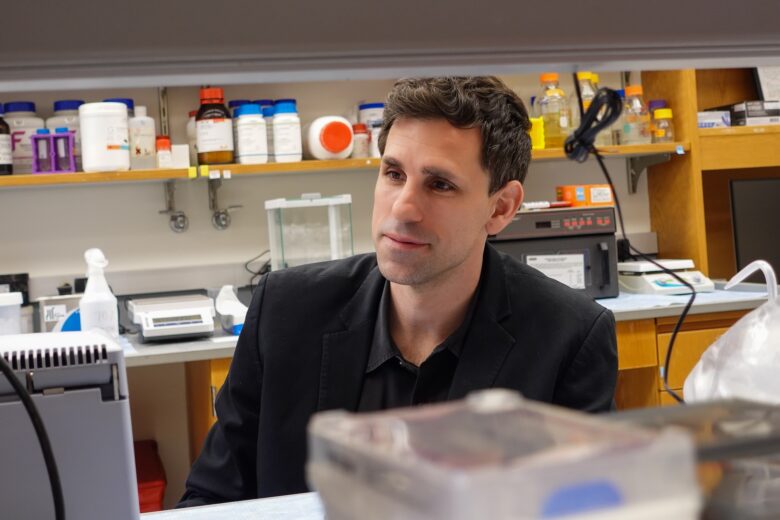
They’ve survived for billions of years in boiling acid, deep-sea vents and salt flats. Now, some of Earth’s oldest life forms — microbes called Archaea … Read More ›
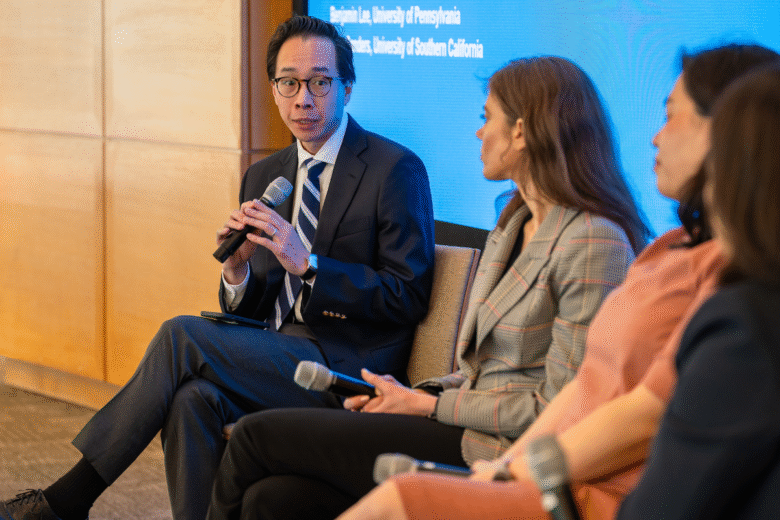
As AI advances at breakneck speed, experts at Penn are urgently trying to answer these questions. Professors Arthur van Benthem and Benjamin C. Lee have … Read More ›

Red blood cells, long thought to be passive bystanders in the formation of blood clots, actually play an active role in helping clots contract, according … Read More ›

Farnia Fresnel (ENG’98) currently serves as the president of the Lenserf Group, a business consulting firm in Philadelphia that specializes in leadership development, coaching and … Read More ›
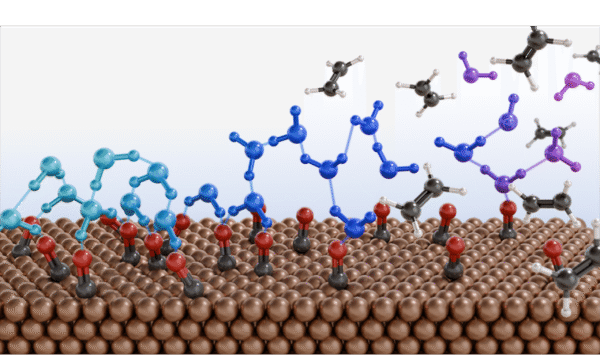
As human-made pollutants carbon monoxide (CO) and carbon dioxide (CO₂) continue to accumulate in Earth’s atmosphere, fueling climate change and threatening ecological balance, researchers are … Read More ›
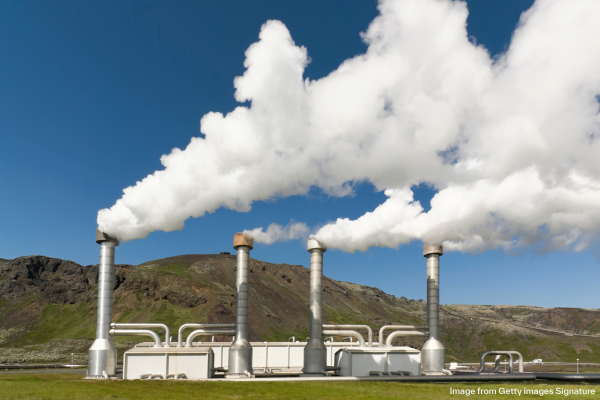
Geothermal energy isn’t just for clean power—it can also drive carbon removal. New research from the Clean Energy Conversions Lab shows that pairing geothermal with … Read More ›